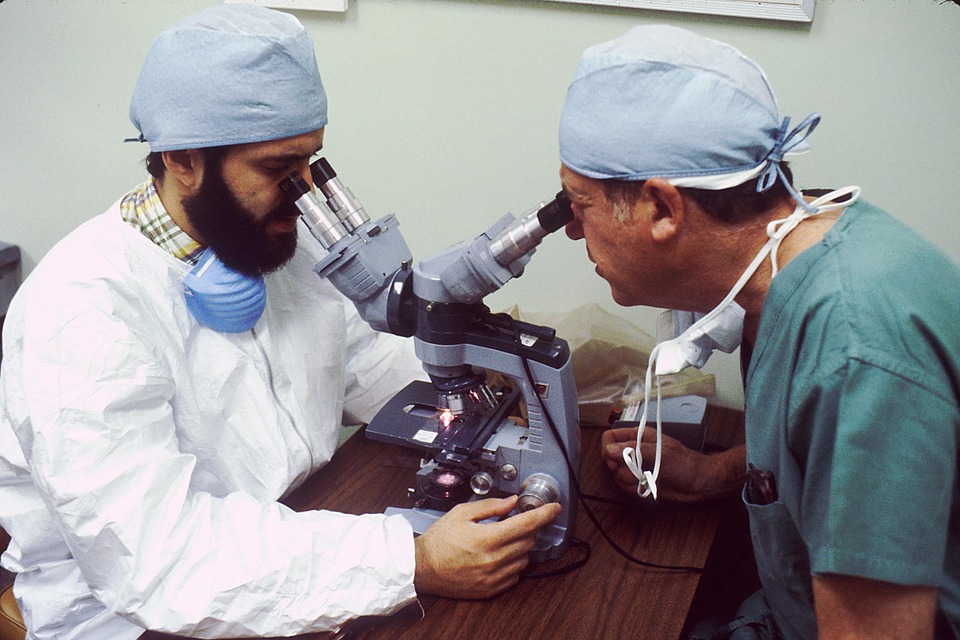Essential Interview Guides for Aspiring Pathologists: Tips and Techniques for Success
Embarking on a career as a pathologist is an exhilarating journey, filled with the promise of discovery and the satisfaction of contributing to the health and wellbeing of countless individuals. However, securing that coveted position often hinges on the interview process, which can be both daunting and exhilarating. Here are some essential guidelines to navigate this intricate landscape.
Mastering the Art of Preparation
-
Research the Institution
Understanding the nuances of the institution you’re applying to is paramount. Delve into its history, culture, and recent advancements in pathology. Familiarise yourself with their research interests and any notable faculty members. This knowledge not only demonstrates your genuine interest but also equips you with pertinent questions to ask—questions that can set you apart from the competition. -
Know Your CV Inside Out
Your curriculum vitae is more than just a list of qualifications; it’s your professional narrative. Be ready to discuss every aspect, from your academic achievements to your hands-on experiences. Highlight specific cases or projects that resonate with your passion for pathology. Anticipate questions that probe deeper into your experiences and prepare compelling anecdotes that illustrate your competencies.
Navigating Common Interview Questions
A successful pathologist interview will often involve a series of technical and behavioural questions. Here’s how to tackle some of the common themes:
-
Technical Proficiency
Expect queries that assess your understanding of various diagnostic techniques and technologies. Be prepared to discuss specific methodologies you’ve employed, such as immunohistochemistry or molecular pathology. Illustrate your answers with examples that showcase your analytical skills and attention to detail. -
Interpersonal Skills
Pathologists often collaborate with other healthcare professionals. Thus, be ready to discuss scenarios where you’ve effectively communicated complex information or resolved conflicts. Use the STAR (Situation, Task, Action, Result) technique to structure your responses, making them both concise and impactful.
Presenting Yourself Professionally
First impressions matter significantly in the realm of interviews. Dress professionally, opting for a classic, clean look that reflects your seriousness about the position. Body language is equally important; maintain eye contact, offer a firm handshake, and exhibit an open posture. These subtle cues can significantly influence how interviewers perceive you.
Engaging with the Interview Panel
During the interview, the dialogue should be a two-way street. Engage with your interviewers by asking insightful questions about their work, the department’s future projects, or challenges faced in the field. This not only displays your enthusiasm but also your strategic thinking. Remember, each question you pose is an opportunity to demonstrate your critical thinking skills and your eagerness to integrate into their team.
The Final Touch
After the interview, don’t underestimate the power of a well-crafted follow-up. A brief thank-you email reiterating your appreciation for the opportunity and your enthusiasm for the role can leave a lasting impression. It is a chance to reinforce your interest and reflect on any discussion points that resonated with you.
In a competitive field like pathology, preparation is key, and every detail counts. As you embark on this exciting path, remember that CVPortal continues to provide an array of high-quality CV references to support your journey towards success.


